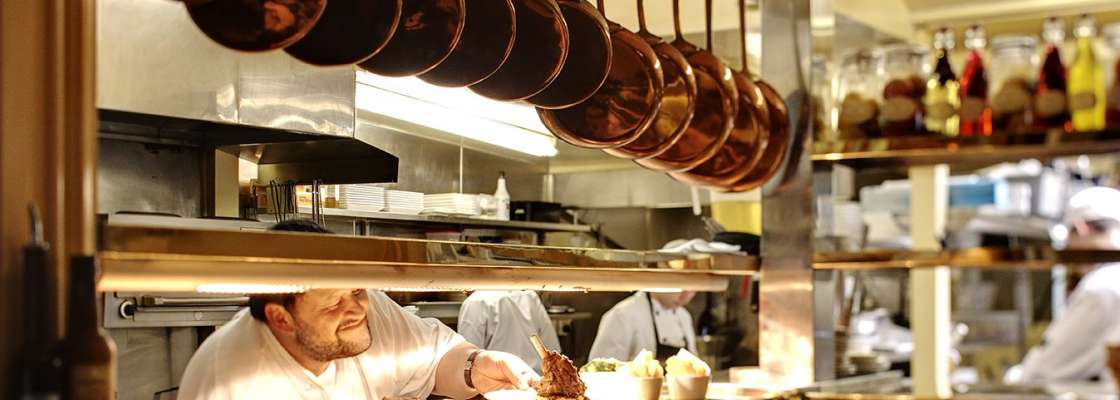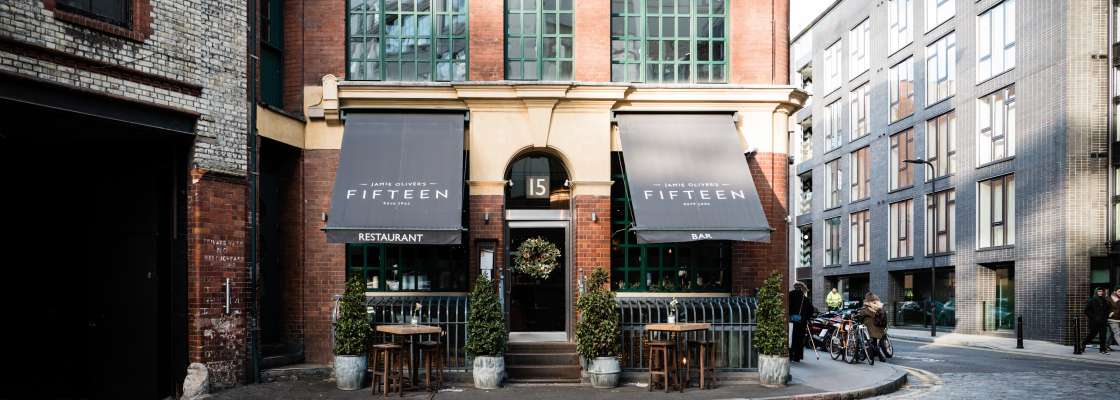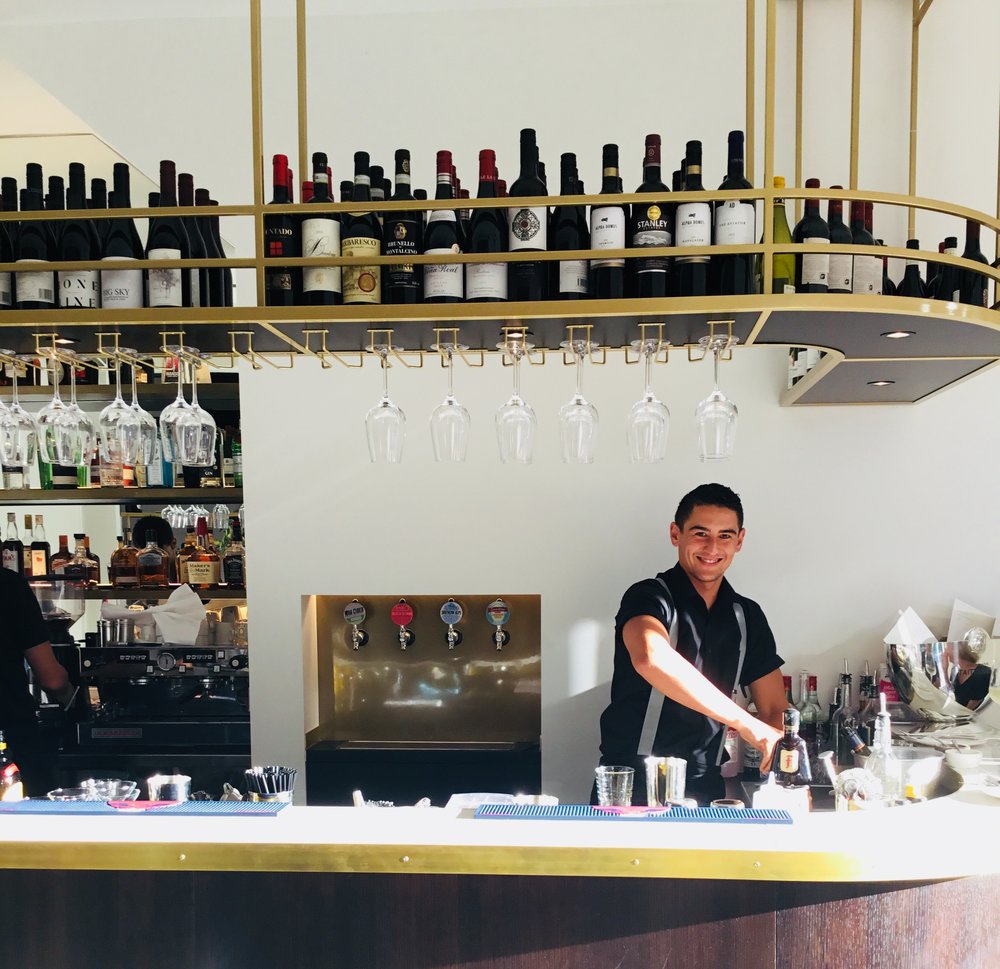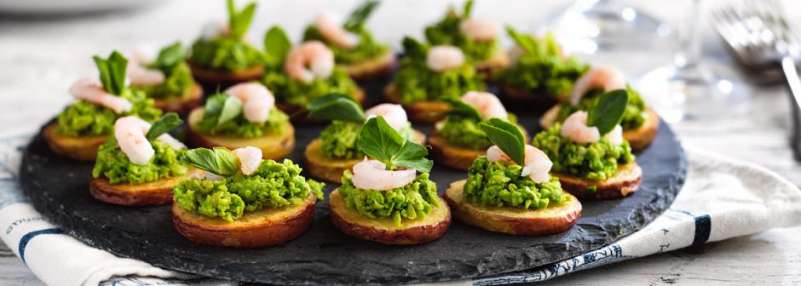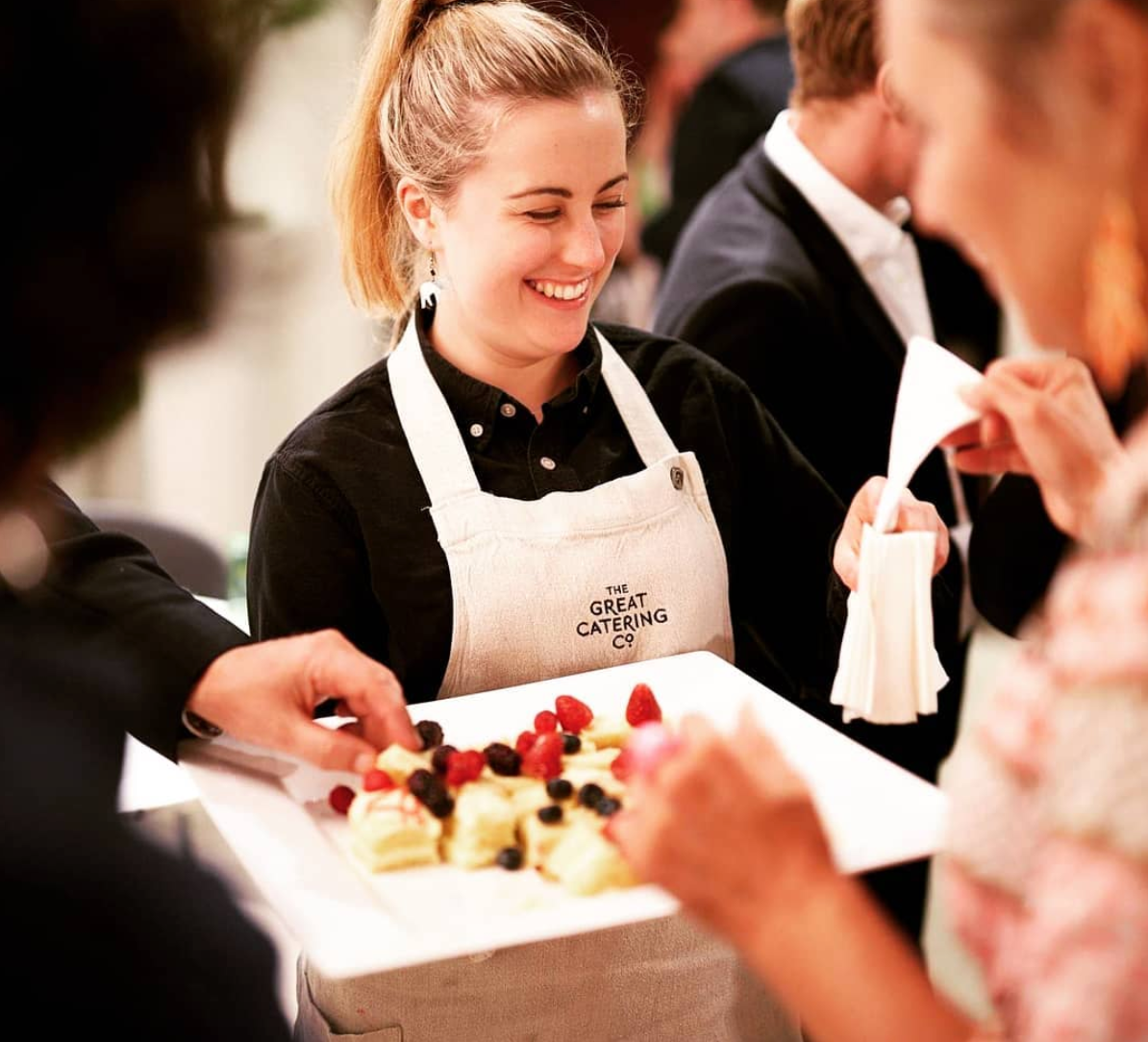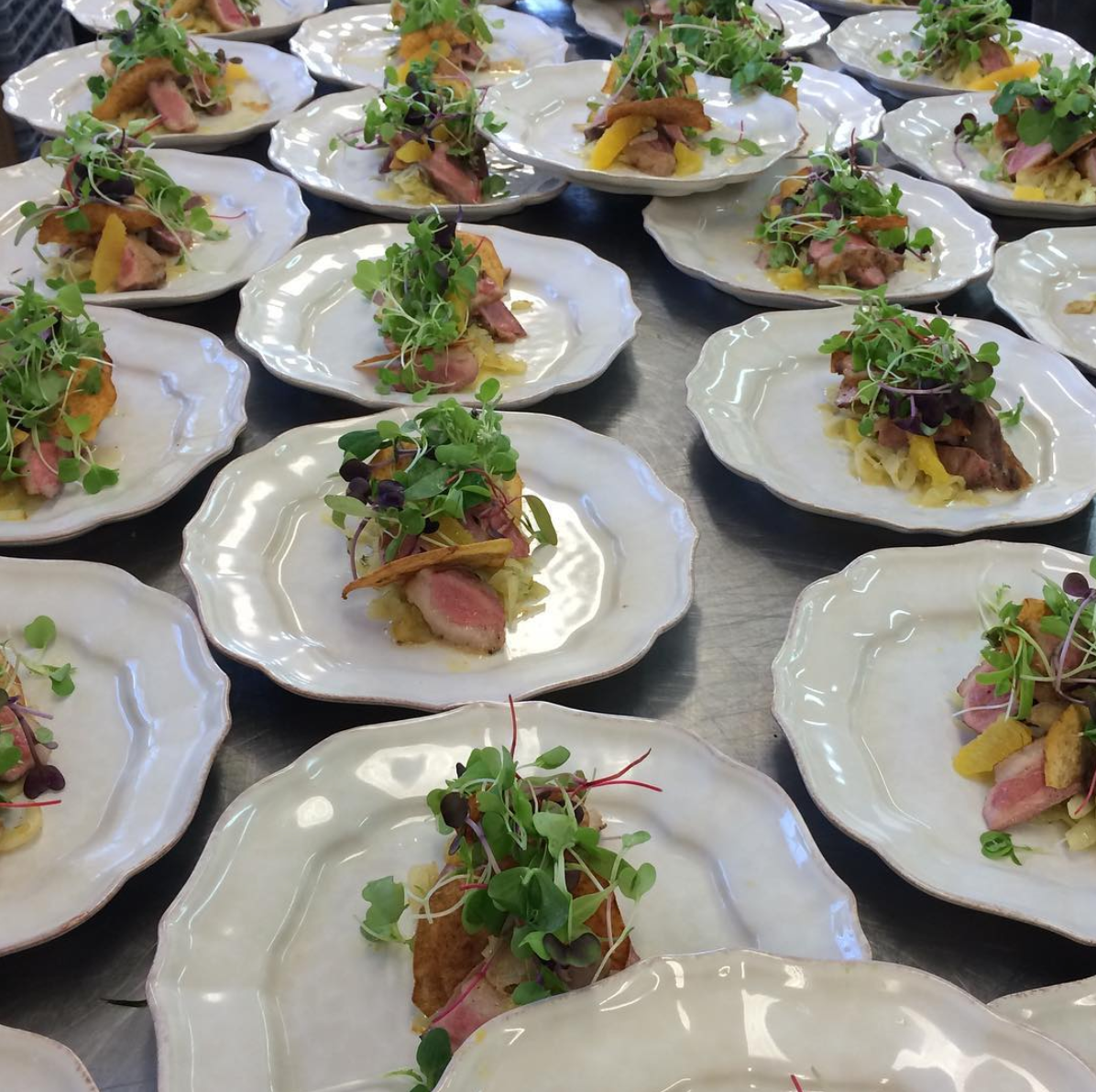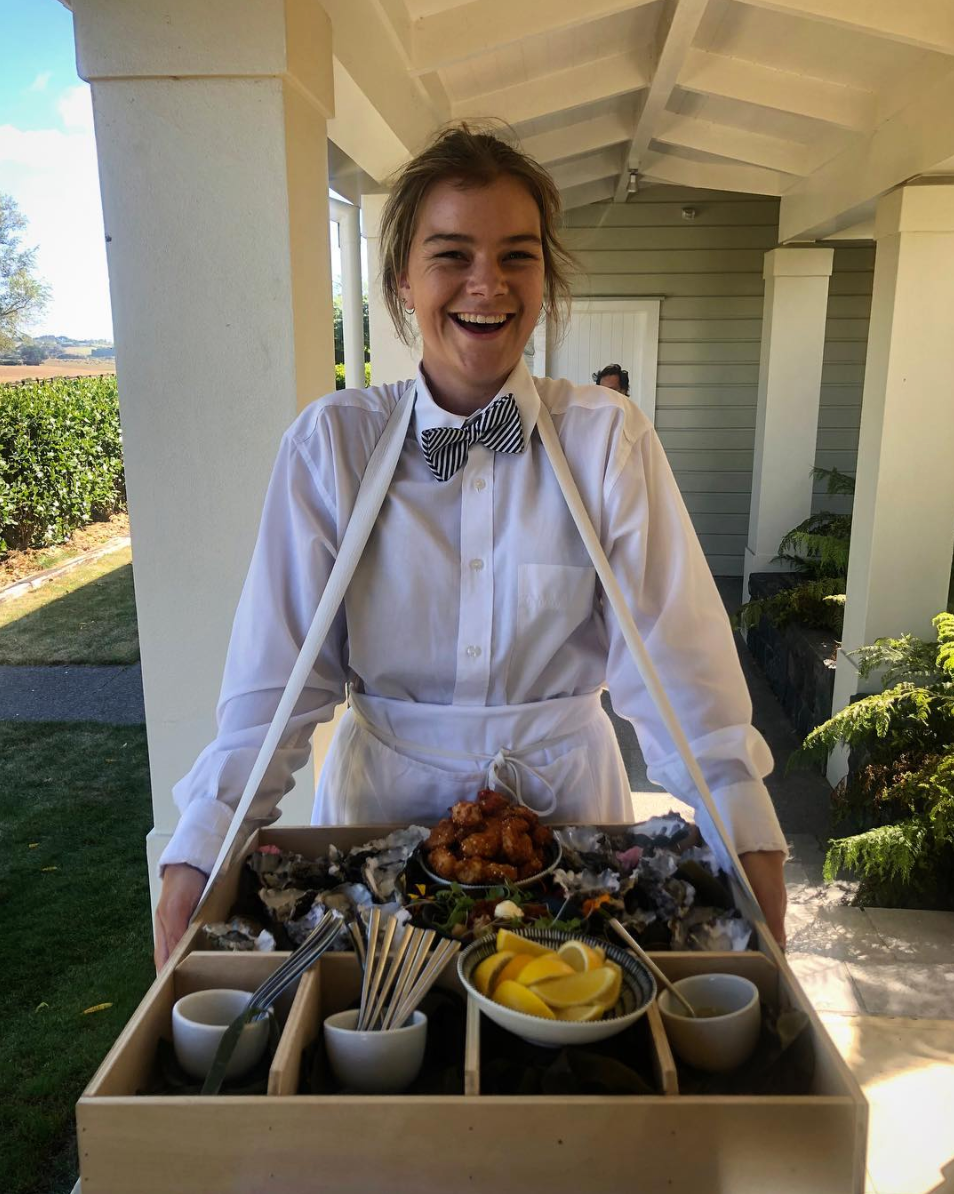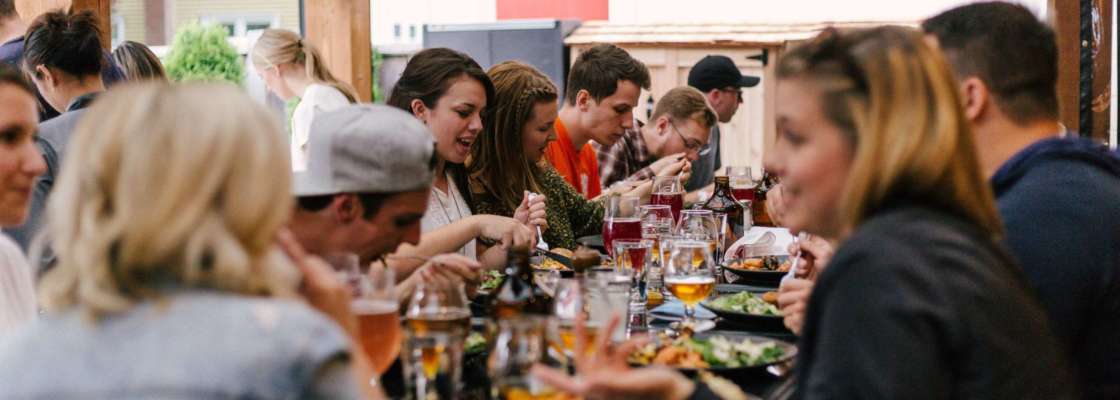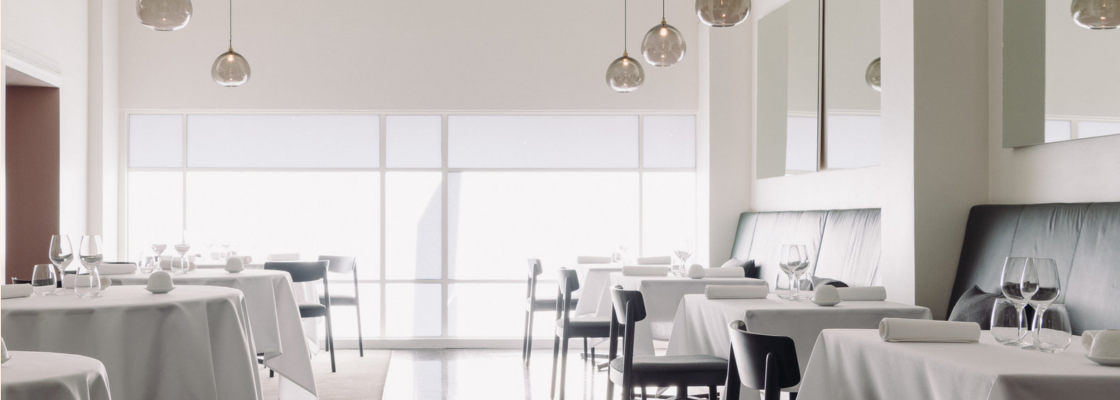A feast laid on by some of the country’s top Māori chefs will feed the body, the mind and a charity working to help youth.
Brew Union head chef Grant Kitchen has brought together five other chefs for Matariki Hākari, a degustation dinner showcasing modern Māori cuisine paired with beer and wine from top New Zealand producers.
The lineup includes Boulcott Street Bistro head chef Rex Morgan, Novotel Auckland Airport Hotel executive chef Nancye Pirini and Jeremy Rameka, whose acclaimed Napier restaurant Pacifica was judged the best restaurant in New Zealand at the 2017 Cuisine awards.
The event will also feature song, storytelling and insight into Māori food.
Proceeds will be donated to Youthline’s Central North Island branch, based in Palmerston North.
Although Youthline is known for its youth helpline, the branch also runs counselling and outreach programmes, which it needs donations for.
Kitchen said the event was about showcasing Māori cuisine and putting Manawatū on the culinary map.

Brew Union head chef Grant Kitchen says Matariki Hākari is about showcasing Māori cuisine and Manawatū as a culinary destination. MURRAY WILSON/STUFF
The wider region was well known for its produce and food research, but could be overlooked as an eating destination, despite having excellent chefs and restaurants, he said.
Bringing in some of the country’s best Māori chefs was one way to draw attention, he said.
The event would also showcase Manawatū produce, something Kitchen said was especially important for diners.
“It has become a lot more apparent and obvious that people want to know where their products are from,” he said.
That was was driver behind Feilding-raised Kitchen working with Manawatū businesses such as Palmerston North bakery BABCO and Pohangina cheesemakers Cartwheel Creamery since he moved back to the region 18 months ago.
He spent nearly a decade away, working at restaurants and running programmes for the NZ Chefs Association.
His hospitality career both in and out of the kitchen has featured awards judging, being butler to the Sultan of Brunei and, most recently, winning chef of the year at the 2018 Manawatū Hospitality Awards.
Although some dishes at Matariki Hākari draw on traditional Māori cooking techniques like hangi, some appear more internationally focused.

Jeremy Rameka, whose restaurant Pacifica was judge New Zealand’s best, is one of six chefs cooking as part of the Matariki Hākari event.
Kitchen said looking overseas for new techniques was a natural way to improve, but Māori also picked up ingredients and techniques on their migration journey to Aotearoa.
Using something like Matariki Hākari to fundraise for Youthline made sense, as hākari, or feasting, was about more than food, he said.
“Any feast is about bringing people together.
“It’s about feeding the mind, feeding the heart and everyone coming together.”
Brew Union also has a record of assisting with mental health programmes, getting behind events such as Movember and putting on “karma kegs” – punters pay what they want for a pint, with the money going to charity – for Youthline, he said.
Matariki Hākari takes place at Brew Union in Palmerston North on June 10. For more information, see brewunion.co.nz.

Boulcott Street Bistro head chef Rex Morgan will take part in the Matariki Hākari event in Palmerston North. MONIQUE FORD/STUFF
To donate directly to Youthline Central North Island, see givealittle.co.nz/org/youthlinepalmerstonnorth or visit it at 145 Queen Street, Palmerston North.
